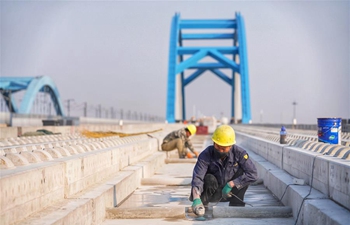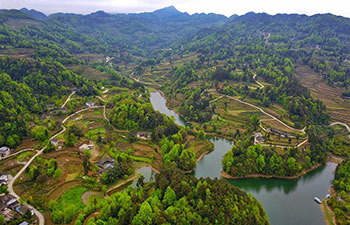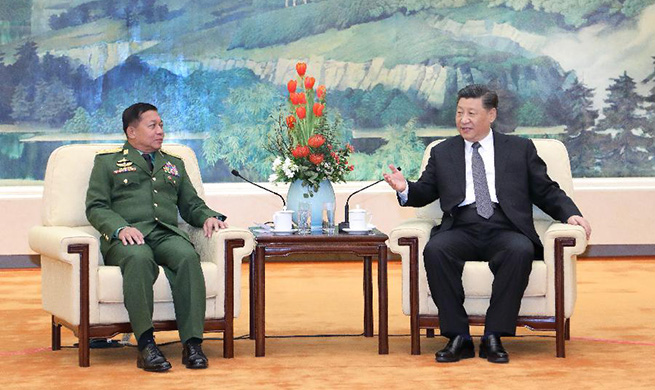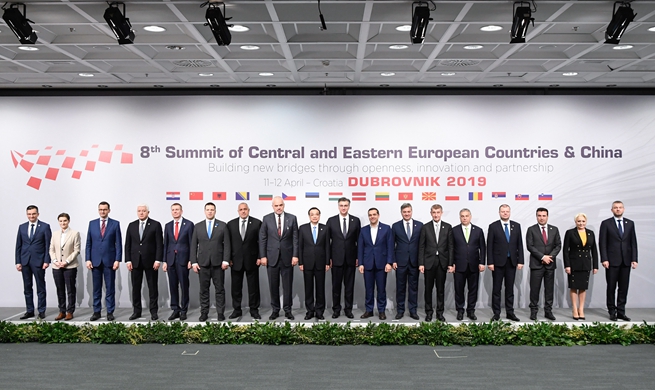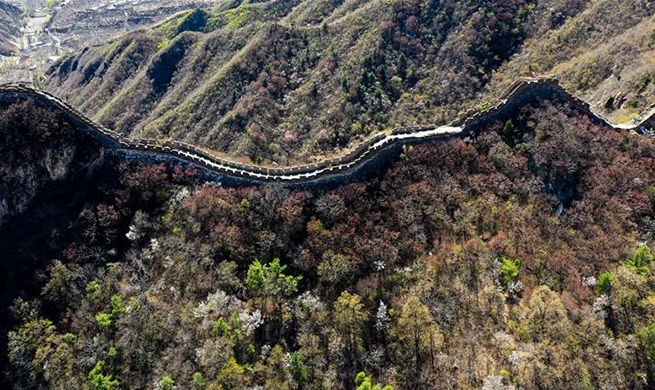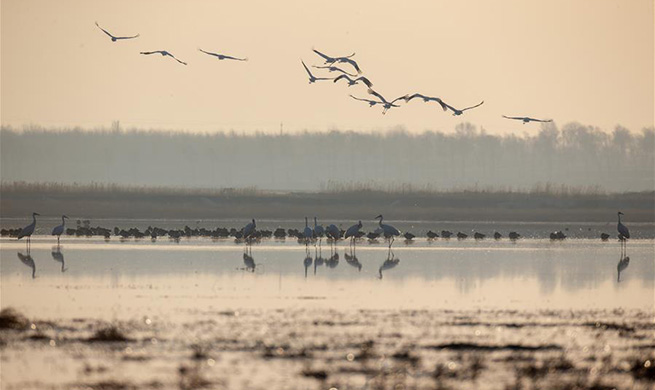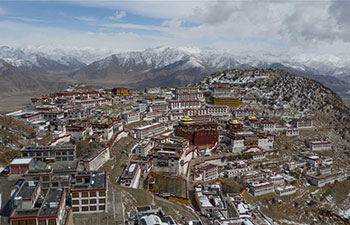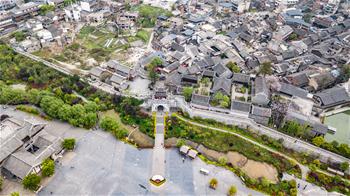UNITED NATIONS, April 12 (Xinhua) -- The UN envoy for Colombia, Carlos Ruiz Massieu, on Friday stressed the importance of transitional justice in a country that saw more than five decades of civil war between the government and the Revolutionary Armed Forces of Colombia (FARC).
Recent weeks have been dominated by divisive debates in Colombia regarding the Special Jurisdiction for Peace (JEP), an extrajudicial court system for the sake of reconciliation, Massieu told the Security Council.
Last month, President Ivan Duque objected to six articles of the draft statutory law of the JEP. Following a vote against these objections in the Chamber of Representatives earlier this week, consideration of the objections is pending in the Senate, said Massieu.
UN Secretary-General Antonio Guterres has called for prompt action by all parties concerned to ensure that a statutory law consistent with the peace agreement between the government and FARC is put in place as soon as possible, he noted.
This statutory law is the last missing element of the legal framework for the JEP and a necessary one to ensure that this institution can operate with the necessary independence and autonomy, said Massieu.
The JEP continues to advance its work with impressive results, he said. It has now initiated seven large cases that are examining significant violations affecting 820,000 victims. Moreover, close to 9,700 former FARC members and almost 2,000 individuals from government forces have subjected themselves to its authority.
President Duque has also announced his intention to propose three reforms to the articles of the Constitution underpinning the transitional justice framework of the peace agreement, said Massieu.
Any such initiatives should not be applied in a retroactive manner to those who laid down their arms in good faith and on the strength of commitments made under the peace agreement, he said.
In a climate of uncertainty for victims, for those subject to the JEP, for FARC members awaiting funding for social and economic reintegration, and for communities who have suffered from the conflict, the greatest uncertainty would be to reopen core elements of the underlying peace agreement itself, he warned.





